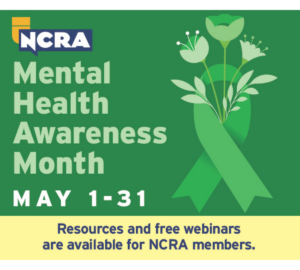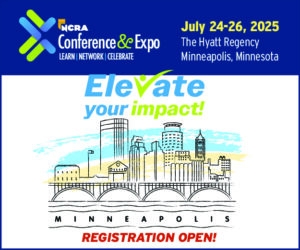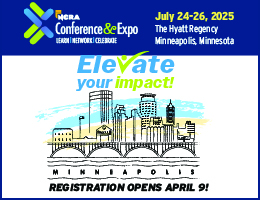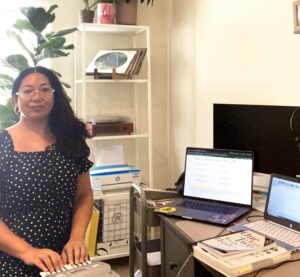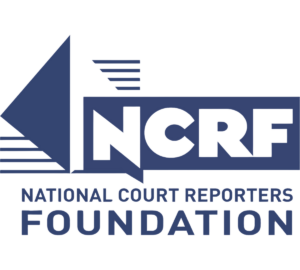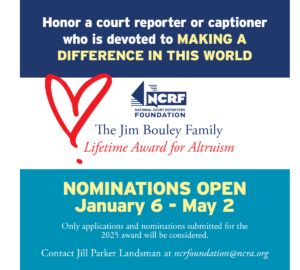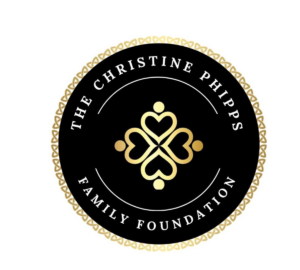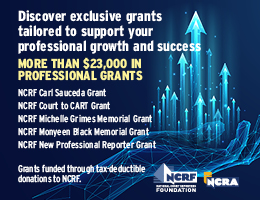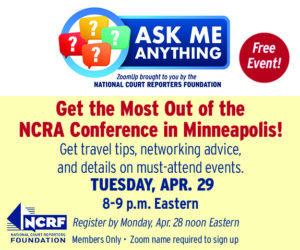 During the upcoming 2016 Court Reporting & Captioning Week, held Feb. 14-20, NCRA members and court reporting students are urged to help celebrate the profession by considering transcribing an American war veteran’s history for submission to the Library of Congress as part of its Veterans History Project (VHP). Transcribing interviews with veterans during the week will also help the National Court Reporter Foundation’s goal of submitting 4,000 interviews by Memorial Day 2016. To date, NCRA members and students have submitted 3,879 interviews to the Library of Congress.
During the upcoming 2016 Court Reporting & Captioning Week, held Feb. 14-20, NCRA members and court reporting students are urged to help celebrate the profession by considering transcribing an American war veteran’s history for submission to the Library of Congress as part of its Veterans History Project (VHP). Transcribing interviews with veterans during the week will also help the National Court Reporter Foundation’s goal of submitting 4,000 interviews by Memorial Day 2016. To date, NCRA members and students have submitted 3,879 interviews to the Library of Congress.
As an added benefit to capturing the stories of the nation’s war heroes, NCRA members can earn 0.25 Professional Development Credits for each transcription they complete, up to a maximum of 1.0 PDCs during each three-year certification period. Court reporting students who transcribe two interviews can also earn a complimentary student membership to NCRA through the Foundation’s Student Initiatives Program.
“I have done 10 transcripts now for the Veteran’s History Project, and I can’t say enough about the program,” says Susan Kemph, who began her involvement with the VHP program while a student at the College of Court Reporting, Hobart, Ind. “I first heard about it from my court reporting school. Because I was a student and didn’t have a lot of money for memberships and because I knew how beneficial membership in NCRA would be, I decided to give it a try. I do it every year now.”
Kemph says that besides being excellent practice for accuracy and dictionary building, the stories also drew her in and made her feel like she was able to be part of something bigger that would touch families across the country and benefit generations to come. Eventually she says she found a live VHP event that was organized in her state nearby, of which she is now an annual volunteer.
“It’s amazing to meet the veterans in person and take their histories live. The experience has given me a lot of confidence in my writing abilities. I passed my RPR written knowledge test and am working on my RPR skills tests,” she adds.
Currently in a career transition from student to working reporter, Kemph notes that the VHP program has provided her with the opportunity to use her skills and abilities to give back to veterans who have given so much for her freedom. The effort has also aided her in giving back to NCRA and her state association, which she said have done so much to support her education and professional development.
“The first year I participated in the VHP, my veteran talked about being in a foxhole for days in 20-below zero temperatures, hearing bullets fly inches from his head, and encountering situations no person should have to endure,” says Roselind C. Pisano, a freelance reporter from Chicago, Ill.
“Yet our veterans did this, and more, so that we can live in freedom. I was humbled by the experience and honored to be a part of the VHP. It’s the least I can do for the veterans who did so much for us,” said Pisano.
Pisano advises anyone who is considering participating in the VHP to just do it. She notes that for many family members or friends of veterans who are with them as they are interviewed, it is often times the first time they are hearing their loved ones tell their story or hearing certain details.
Don’t be afraid to participate, adds Kemph, because the experience is not just worth the time for someone’s own interest but for the altruistic value as well.
“My first VHP was a bit scary because it was all so new, but the real-life transcript practice is invaluable, and doing the recordings is really safe. Even if it takes you five hours to complete a transcript, you can go over the recording as many times as you need to in order to get it all down right,” she says.
“Their stories need to be preserved, and we can give such a small part of our time to honor these veterans for all they’ve done for us,” Pisano adds.
NCRF, the Association’s philanthropic arm, partnered with the Library of Congress more than 10 years ago to help collect transcripts for the VHP program through its Oral Histories Program. Transcripts provided to the Library of Congress are preserved for future use as part of the program. NCRF’s participation with the Library of Congress Veterans History Project, and other oral history initiatives, are supported through donations to the Foundation.
Read more about NCRF’s Oral Histories and Veterans History projects, or contact April Weiner, Foundation Assistant, at aweiner@ncra.org.





